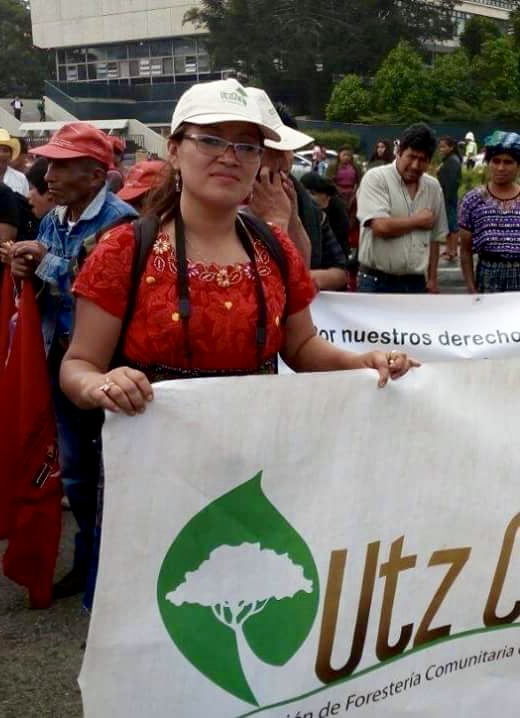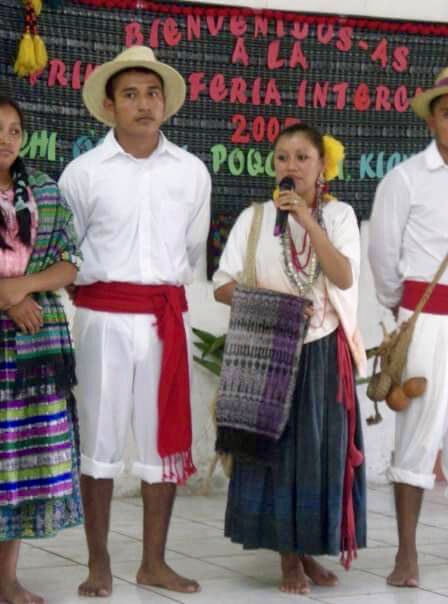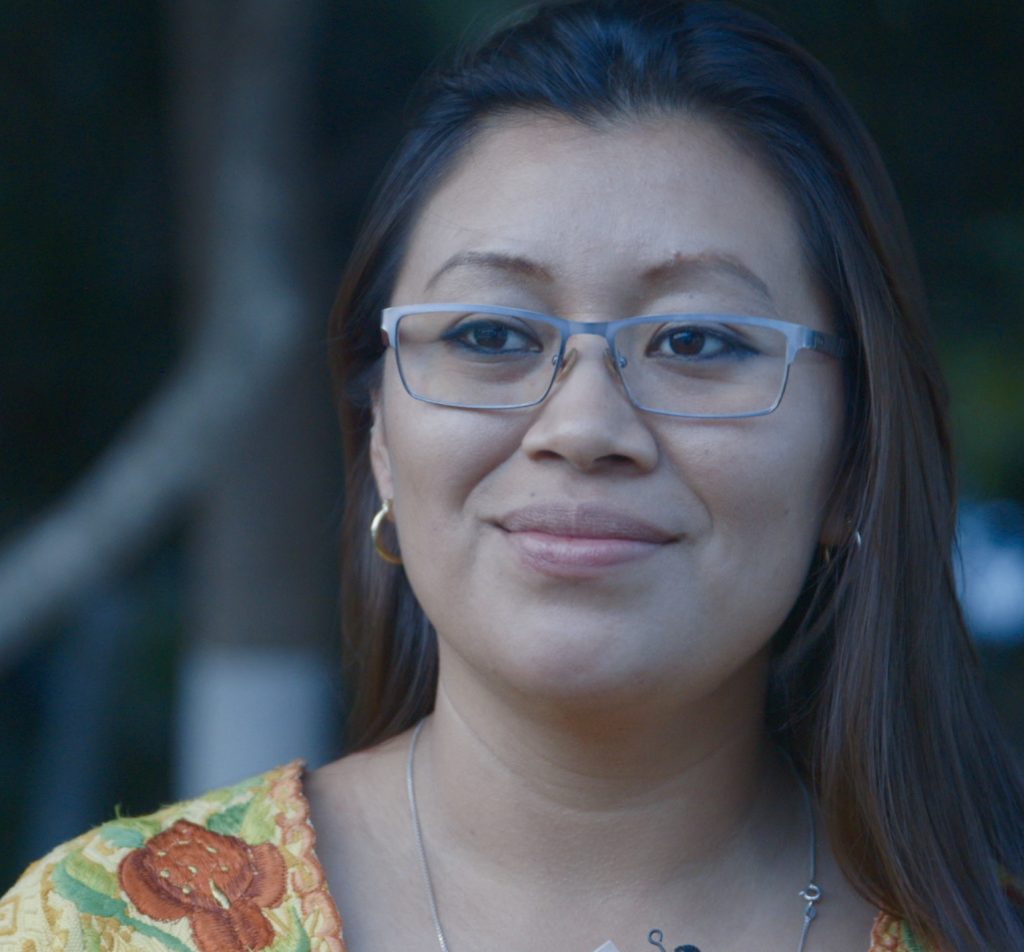From Dina Júc, Association Utz ‘Che, Guatemala
The 8th of March is a day that many have confused for being a day to celebrate women. While it is no bad thing to honour us like that, this should be a day of analysis, to evaluate how far we have advanced as women, men, governments and the population in general in supporting and facilitating conditions to really exercise the right that corresponds to WOMEN. The 8th of March should be a day to devise new commitments to work and struggle side by side with women.
Indigenous, rural and fisher women from Guatemala and various countries around the world exercise an important role in the life and continuance of a healthy environment. Why? From our homes to the land we work arduously with our children, transferring knowledge from our grandmothers such as the care of a seed for sowing, the respect we must have for the corn.
“If you see a corn on the ground, pick it up for it is sacred.”
“Today there were strong winds, there will be a lot of firewood that we must carry home”
“This season is very good for collecting seeds”
These are all phrases that I have etched in my memory from my grandmother and grandfather, many elderly women repeat it again and again wherever I go.
This knowledge is passed on and applied in communities and families especially by women.

We see examples like in Totonicapán, in the West of the country, where Mayan K’iche’ women of the Community Associations are an important part of the patrols and rounds in the forests to ensure that predatory illegal loggers do not enter. They are an important part of the season of reforesting and the care of the Pinabete, a species which is annually at risk of extinction.
Paulina Par, a women who was president of her community, Parcialidad Baquiax, for 2 years, told me with great strength and energy how one morning in 2015 she had risked her life. Patrolling with 5 others in their community, they managed to capture one of the predators who had been in the forest that night, and with a feeling of pain and powerlessness she recalled seeing those beautiful trees felled with chainsaws. These challenges, as many others, strengthened her love and struggle for the defence of her territory and forests.

The Mayan Q’anjob’ales women of Santa Eulalia Huehuetenango keep conserving and rescuing native seeds from different species of trees that are at the point of disappearing in the region. On their side the Q’eqchi’ women from Semuc Champey in the north of the country defend their lands and those beautiful waters as if defending a child, lands which today are in the hands of the National Council of Protected Areas, they risk their life without caring that they are in danger, for the government can only think of sending armed men to evict them. It is impossible for them to reason and understand the respect that they should have for people and women’s rights.
On the southern coast of Guatemala we see women facing the sugar, palm oil and African oil corporations to defend their lands and put a stop to the devastation of mangroves and forest, a stop to the pollution and diversion of their rivers where they and their husbands fish to feed their family and have an income.
This 8th March women throughout Guatemala raise their voices to say:
“Stop the violation of our rights! Stop the persecution of the women! We demand the restitution of our lands, respect for a healthy environment and we want our rivers to flow their path once again.”
Women have worked arduously for many centuries, yet sadly chauvinist sexism, the country’s system itself and other barriers have made this labour invisible. The system, the governments and authorities that in their majority are men, still work to silence women, they oppress us, they discredit us and they kill us! It is painful to read in the news about several women dead for being leaders, for fighting for rights and for defending their territory, or for the simple fact of being a women, they die at the hands of their husband, of the military, of the authority or the government.
Being a woman is difficult, we are plundered as Mother Earth is plundered, insulted and destroyed by the ambition of humankind. I am a woman, yet even with those obstacles I can say that we are strength, firmness, struggle, the voice of many who do not have the opportunity, the hope and the sacrifice. I fight so that my daughter has a better present and future.
My mother Elena is one woman whose example has driven me to keep going. She has looked for the best for her children and regardless the personal sacrifice enabled our minds to go beyond being ‘just another woman’.

